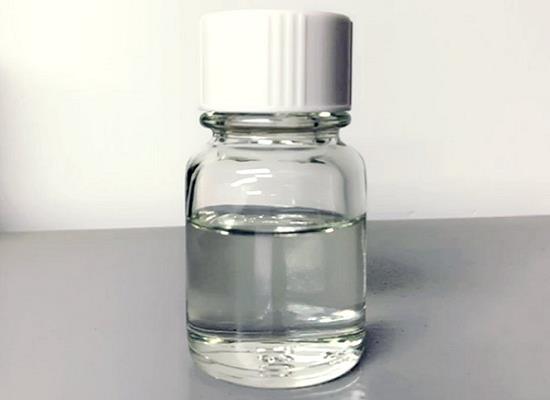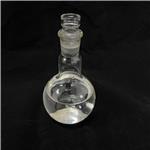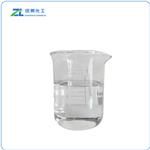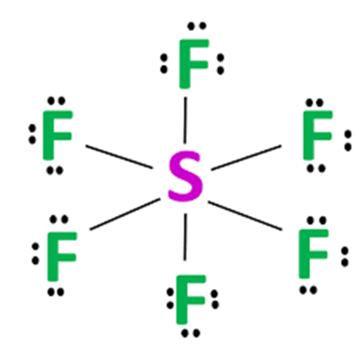Geranyl linalool: properties, applications and toxicity
General Description
Geranyl linalool is a colorless liquid terpene with a mild, sweet aroma and green-floral undertones, widely used in fragrance and cosmetic industries due to its solubility in alcohol and oils. It is known for its refreshing scent, stability, and low volatility, making it a popular choice for perfumes, lotions, soaps, and household products. Despite its diverse applications, global annual usage remains relatively low, governed by stringent safety regulations. Studies indicate low acute oral, dermal, intraperitoneal, and inhalation toxicity, although higher concentrations may cause mild skin irritation. Overall, geranyl linalool enhances sensory appeal while adhering to strict safety standards.

Figure 1. Geranyl linalool
Properties
Geranyl linalool is a colorless liquid with a distinctive aroma that combines mild and sweet notes with delicate green-floral undertones. This compound belongs to the family of terpenes and is commonly used in the fragrance and cosmetic industries. It possesses excellent solubility in alcohol and oils, making it a versatile ingredient in perfumes, lotions, and soaps. Geranyl linalool is known for its pleasant and refreshing scent, often described as uplifting and calming. Additionally, it exhibits good stability and low volatility, allowing it to be used as a long-lasting fragrance enhancer. Its properties make it a popular choice for adding a touch of elegance and charm to various personal care and household products. 1
Applications
Geranyl linalool, a fragrance ingredient, finds diverse applications across various industries. In the realm of decorative cosmetics, fine fragrances, shampoos, toilet soaps, and other toiletries, it serves as a key component, imparting pleasant and appealing scents to the products. Additionally, its usage extends beyond cosmetics to non-cosmetic items like household cleaners and detergents, where it contributes to enhancing the olfactory experience. Despite its wide-ranging applications, the global annual use of geranyl linalool remains relatively low, at less than 0.1 tonnes. Moreover, stringent regulations govern its usage levels to ensure safety. For instance, in fine fragrances, the maximum skin level resulting from geranyl linalool usage is reported to be 0.008, while in cosmetics, the 97.5 percentile use level stands at 0.035. These regulations aim to limit exposure and guarantee consumer safety, leading to a conservative calculated maximum daily exposure on the skin of 0.001 mg/kg for high-end users of these products. Overall, geranyl linalool plays a vital role in enhancing the sensory appeal of various consumer goods while adhering to strict safety standards. 2
Toxicity
Geranyl linalool is a chemical compound commonly used in fragrance and cosmetic products. Its toxicity has been evaluated through various studies including acute oral, dermal, intraperitoneal, inhalation, skin irritation, mucous membrane irritation, and skin sensitization tests. The acute oral LD50 of geranyl linalool in rats was found to exceed 5 g/kg when tested in a 20–50% solution in olive oil. Similarly, in CF-1 mice, the calculated LD50 was determined to be 14.63 g/kg ± 0.849 g/kg. These results suggest low acute oral toxicity for geranyl linalool. Dermal studies on rabbits showed that a single dermal application of undiluted geranyl linalool at 5.0 g/kg induced clinical signs such as diarrhea, chromorhinorrhea, and brownish coloring of the anogenital area and nose. However, the calculated acute LD50 dose was greater than 5 g/kg, indicating low dermal toxicity. Additionally, the dermal LD50 of a 20–50% solution of geranyl linalool in olive oil in rabbits was determined to be greater than 0.2 g/kg. Intraperitoneal and inhalation studies in mice and rats respectively also indicated low toxicity, with LD50 values exceeding 2.00 g/kg and no observed reactions in rats exposed to geranyl linalool in a concentrated atmosphere. Skin irritation tests on both humans and animals revealed varying degrees of erythema and edema, suggesting potential irritant effects, particularly at higher concentrations and with undiluted applications. Moreover, in a rabbit eye irritation test, geranyl linalool was classified as non-irritant, indicating low irritant potential for mucous membranes. In terms of skin sensitization, a maximization test conducted on human volunteers using 1% geranyl linalool in petrolatum showed one questionable reaction initially, but upon retesting, no reactions were observed, indicating a low sensitization potential. In conclusion, while geranyl linalool exhibits low acute oral, dermal, intraperitoneal, and inhalation toxicity, it may have mild irritant effects on the skin at higher concentrations. However, it demonstrates low irritant potential for mucous membranes and low sensitization potential based on the conducted studies. 3
Reference
1. PubChem. COMPOUND SUMMARY: Geranyl linalool. National Library of Medicine, PubChem CID: 5365872.
2. IFRA (International Fragrance Association). Use Level Survey, 2004.
3. Lapczynski A, Bhatia SP, Letizia CS, Api AM. Fragrance material review on geranyl linalool. Food Chem Toxicol. 2008 Nov;46 Suppl 11:S176-178.
Related articles And Qustion
See also
Lastest Price from Geranyl linalool manufacturers

US $1.00/kg2025-04-21
- CAS:
- 1113-21-9
- Min. Order:
- 1kg
- Purity:
- 99%
- Supply Ability:
- 10 mt

US $75.00-20.00/kg2025-04-15
- CAS:
- 1113-21-9
- Min. Order:
- 1kg
- Purity:
- 99%
- Supply Ability:
- 20ton



